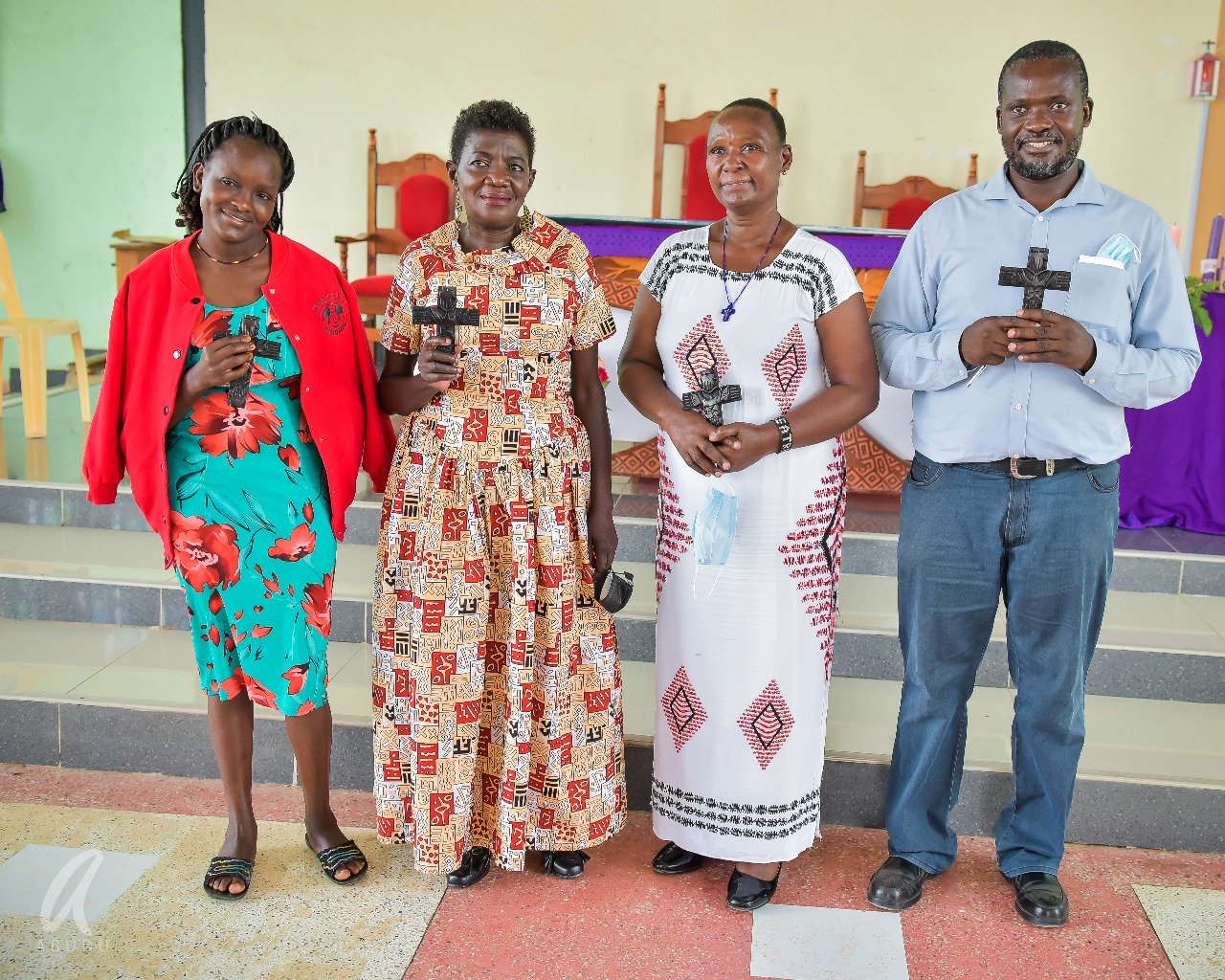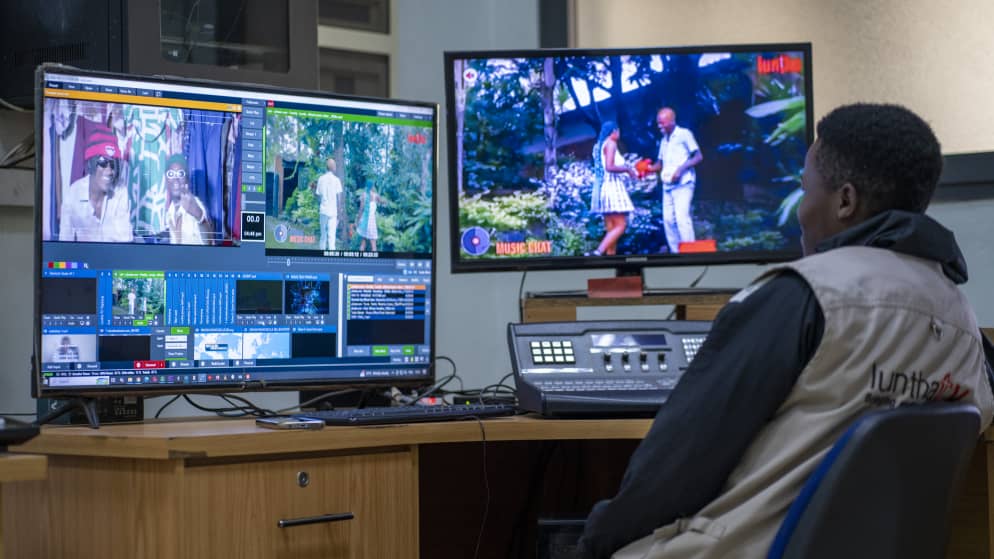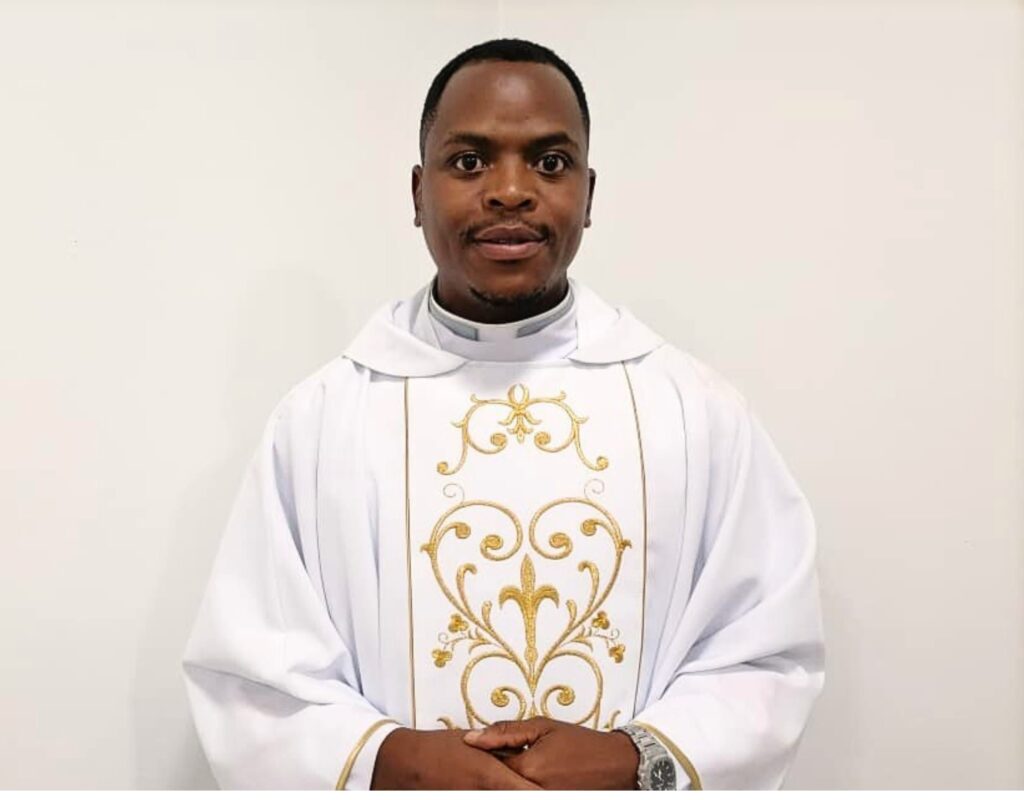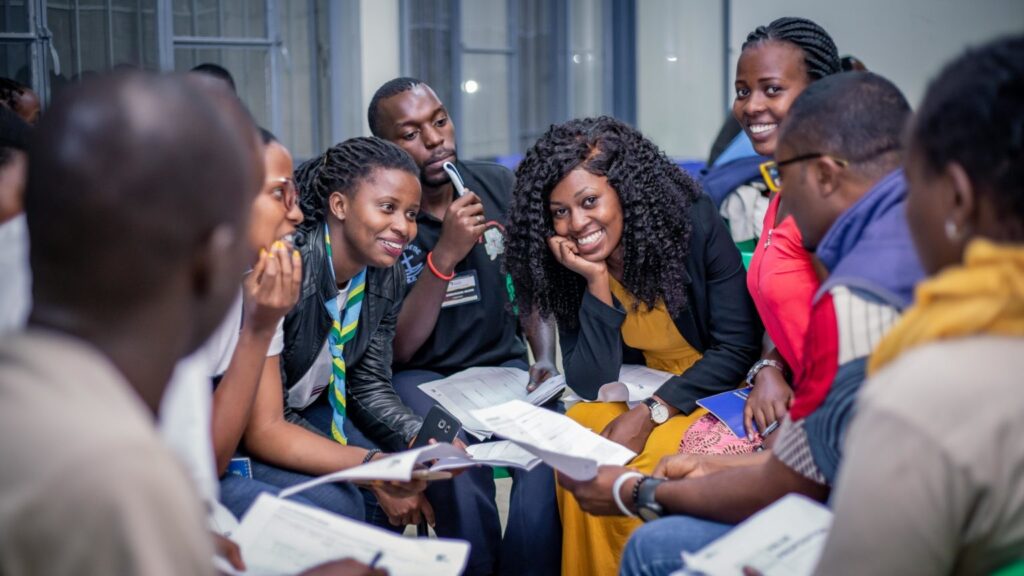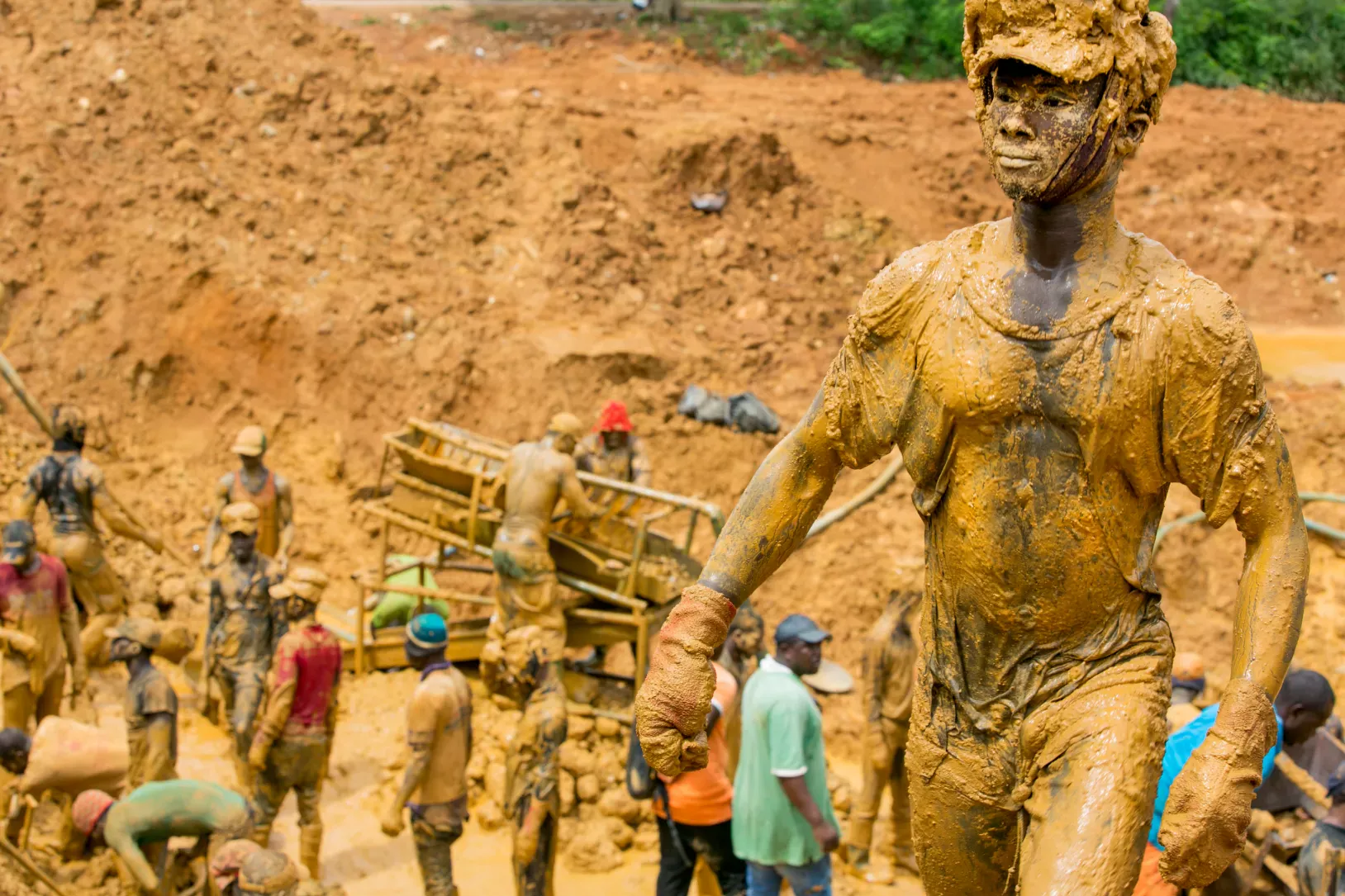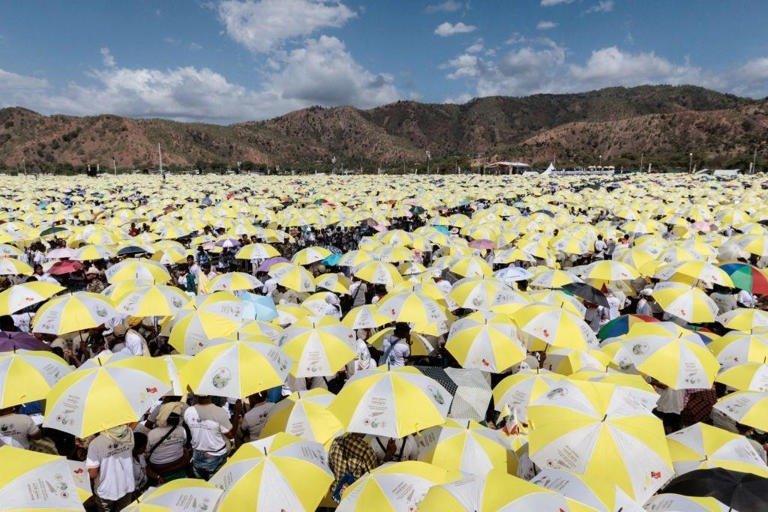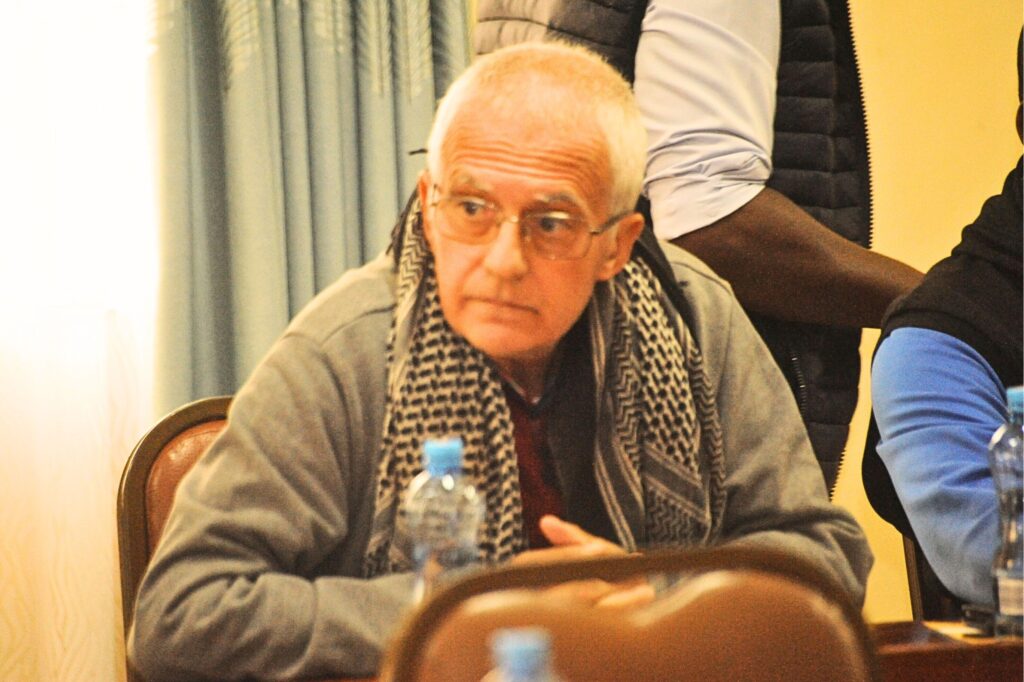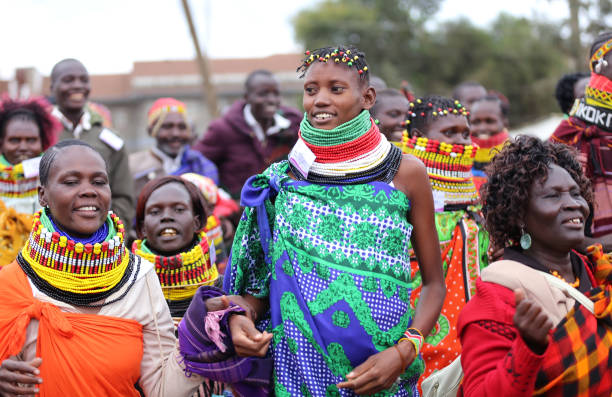Who are the Comboni Lay Missionaries?
The Comboni Lay Missionaries (CLM) are a dynamic and dedicated group within the Catholic Church, comprising both single and married individuals who feel called to a unique vocation of missionary service. As laypeople, they answer the Church’s mission to evangelize, offering their lives, talents, and faith to serve marginalized communities around the world. Rooted in the gospel and inspired by the charism of St. Daniel Comboni, the CLM sees their work as a continuation of the missionary zeal that began with St. Comboni.
Established in 1990, CLM are active in 21 countries worldwide. In Kenya, CLM emerged in 2017, inspired by the commitment of members from the “Friends of Comboni” group who sought to contribute more than financial support to missionary work. With the encouragement of then-Mccj Provincial Superior (Kenya) Fr. Austin Radol and under the spiritual guidance of Fr. Claudio Longi and Fr. Maciej Zielinski, CLM-Kenya was founded with an initial group of six members.
Since its inception, CLM-Kenya has experienced steady growth, now comprising 23 members and candidates who continue to dedicate themselves to the mission’s vision and values. Through their work, CLM members strive to embody the spirit of solidarity, compassion, and love for the poor and abandoned. They focus on not only providing material assistance but also walking alongside communities, sharing in their struggles, hopes, and dreams.
The historic legacy of St. Daniel Comboni
St. Daniel Comboni, an Italian missionary, dedicated his life to the evangelization of Africa. His mission was rooted in a deep love for the African people and a profound belief in their dignity and potential. During his time in Africa, Comboni envisioned a collaborative approach to mission work that included laypeople, religious men and women, and even those who had been liberated from slavery.
Comboni’s approach was revolutionary. He understood that lasting evangelization required empowering local communities to take charge of their spiritual and social development. He advocated for respect for local cultures and traditions, believing that the gospel could be best communicated when intertwined with the values and identity of the people it sought to reach. Today, the CLM continues this legacy by embracing a spirit of inclusivity and collaboration. They work in diverse cultural settings, following Comboni’s example of humility, respect, and love for all.
Therefore, at the heart of the CLM’s mission is the charism of St. Daniel Comboni, which emphasizes service to the poor, neglected, and abandoned. This charism guides every aspect of their work and inspires their dedication to living out the Gospel in challenging environments. CLM members approach their mission with a deep sense of respect for the cultures and traditions of the communities they serve. They recognize the richness and uniqueness of each culture, striving to integrate their missionary work in a way that uplifts and affirms local identities.
By adopting a simple lifestyle, CLM members also align themselves with the communities they serve. They share in their joys and struggles, building relationships based on trust and mutual understanding. Inspired by Comboni’s vision of an “apostolic community,” CLM members emphasize the importance of working and living together. Prayer, shared work, and mutual support form the foundation of their community life.
The identity of a Comboni Lay Missionary
The identity of the Comboni Lay Missionaries is defined by three core elements: Laypersons: As laypeople, CLM members live within their communities, often balancing family responsibilities and professional careers. Through their baptism, they are called to participate in the mission of the Church, witnessing to the Gospel in their daily lives.
Missionary: For CLM members, missionary work is not a temporary volunteer effort but a lifelong vocation. They dedicate themselves to proclaiming the Gospel and serving others, often in challenging and remote areas.
Comboni: Inspired by the legacy of St. Daniel Comboni, members embrace his charism and adapt it to contemporary realities. They work tirelessly to make Comboni’s vision of a just, compassionate world a reality.
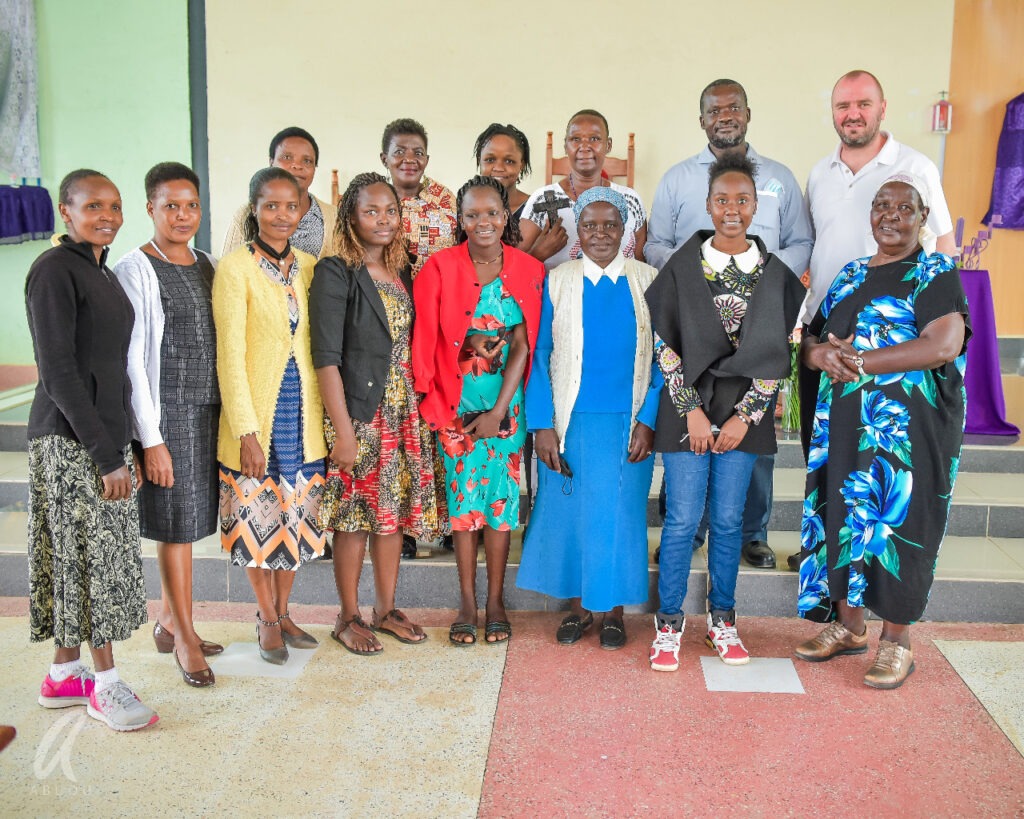
Formation journey
The journey to becoming a Comboni Lay Missionary is a transformative process that involves several stages of formation:
Basic Formation: This two-year program helps candidates discern their vocation and prepare for missionary service. It focuses on deepening their faith, understanding the Comboni charism, and acquiring the skills needed to serve effectively.
Specific Preparation: Before being sent on mission, candidates live in a community of missionaries, learning the local language and culture of their destination. This phase also includes practical preparations, such as obtaining necessary documentation and collaborating in community activities.
Ongoing Formation: Formation is a continuous journey. After arriving at their mission destination, members continue to grow in their faith and adapt to their new environment. This ongoing process ensures that they remain spiritually and emotionally equipped for their work.
Commissioning
The commissioning is a significant milestone for CLM members. It marks the culmination of their formation and the beginning of their missionary service. This joyous occasion is celebrated with a special Mass, attended by family, friends, and the MCCJ assessors who have guided the candidates through their formation. During the ceremony, candidates accept the missionary cross—a powerful symbol of their commitment to Christ and His mission.
Missionary Activities
CLM members engage in a wide range of activities, depending on the needs of the communities they serve and their individual skills and talents. Their work often includes: Pastoral Care: Visiting and caring for the sick, leading Word services, and providing spiritual support. Education and Mentorship: Teaching life skills, mentoring youth, and conducting mental health programs. Community Development: Addressing social and economic challenges, collaborating on local projects, and providing healthcare support. Catechesis and Evangelization: Animating prayers, leading Small Christian Communities, and teaching catechism.
The International Community of Kitelakapel
In April 2022, the CLM established an international community in Kitelakapel, West Pokot County, Kenya. This community reflects the global nature of the CLM and the spirit of collaboration that defines their mission. Members from Kenya, Italy, Uganda, and Poland work together with the MCCJ community in Kacheliba Parish. Their activities include: Supporting local healthcare initiatives and providing pastoral care. Animating youth programs and offering life skills training. Teaching catechism and leading prayer groups in Small Christian Communities. Creating safe spaces for chi

ldren, including a play area within the community.
Looking to the future
The CLM is filled with hope and optimism as it looks to the future. The Kenyan branch is particularly focused on expanding its mission outreach and establishing new missionary communities. In 2024, the group plans to send two members to different missions, furthering their commitment to spreading the Gospel and serving those in need. They are deeply grateful for the unwavering support of their families, friends, and the MCCJ Province of Kenya, which continues to mentor and guide them.
As they move forward, the CLM remains steadfast in its mission to build a world rooted in love, justice, and compassion. Their work is a testament to the enduring legacy of St. Daniel Comboni and the transformative power of faith in action.
“May the peace of Christ be with you always!”

